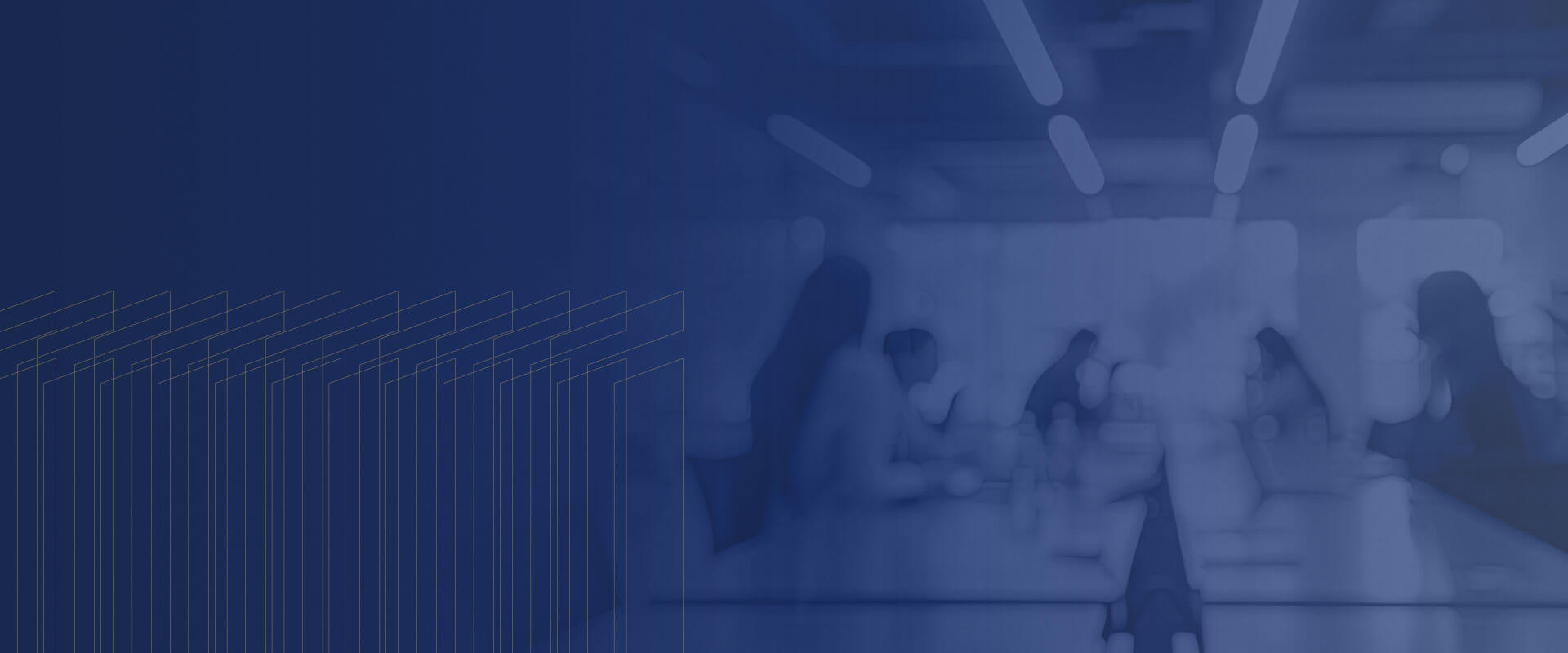

The big picture
The study reveals that 63 percent of Filipino companies have already adopted DEI initiatives—the highest in Southeast Asia. Thailand follows at 58 percent, Indonesia at 56 percent, Singapore at 42 percent, and Malaysia at 40 percent.
“Our goal is to ensure that jobseekers don’t just find jobs, but also find workplaces where they are valued, supported, and respected,” said Joey Yusingco, head of marketing at Jobstreet by SEEK.
By the numbers
Filipino employers are actively advancing inclusive practices:
62 percent have anti-discrimination and harassment policies
59 percent established employee resource groups
54 percent conduct unconscious bias training
46 percent run mentorship programs for underrepresented groups
44 percent perform regular DEI assessments
In addition, 77 percent of Philippine companies regularly update job descriptions to minimize bias, and nearly 47 percent now adopt blind resume screening.
Why it matters
The Philippines’ and Thailand’s leadership in DEI is attributed to strong cultural norms and supportive government policies, such as the Philippines’ Anti-Age Discrimination Act, which fosters a more equitable hiring environment.
Across Southeast Asia:
50 percent of companies have some form of DEI programs
28 percent are considering adopting DEI within the next year
2 percent plan to do so soon
18 percent have no DEI plans in the next 12 months
Jobstreet’s role
Jobstreet by SEEK is actively pushing for fairer hiring practices. In 2024, it partnered with the Philippine LGBT Chamber of Commerce to launch the “Pride in Careers” campaign, offering incentives for LGBTQ+-inclusive companies.
In 2025, it teamed up with the Filipina CEO Circle to elevate female leadership and continues to roll out the Fair Hiring Program to prevent labor exploitation across the region.
“As a platform that connects millions of Filipinos to meaningful work, we have a responsibility to promote fairness and representation,” Yusingco said. —Ed: Corrie S. Narisma